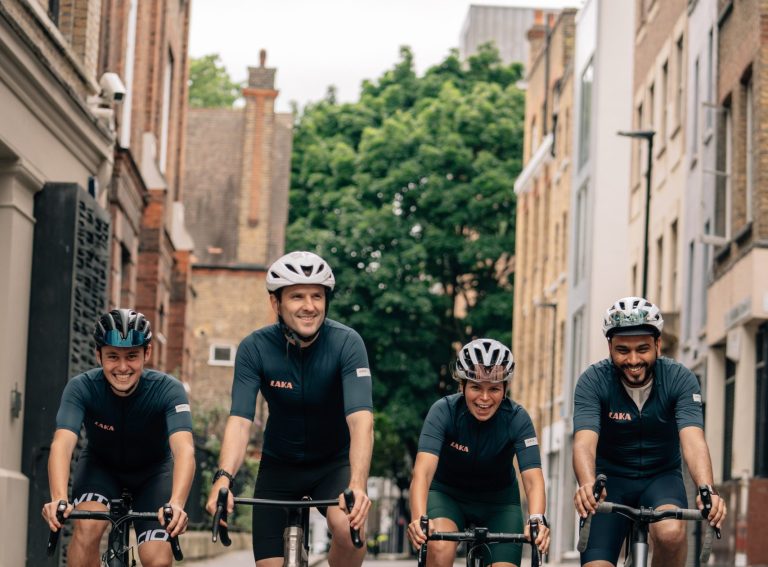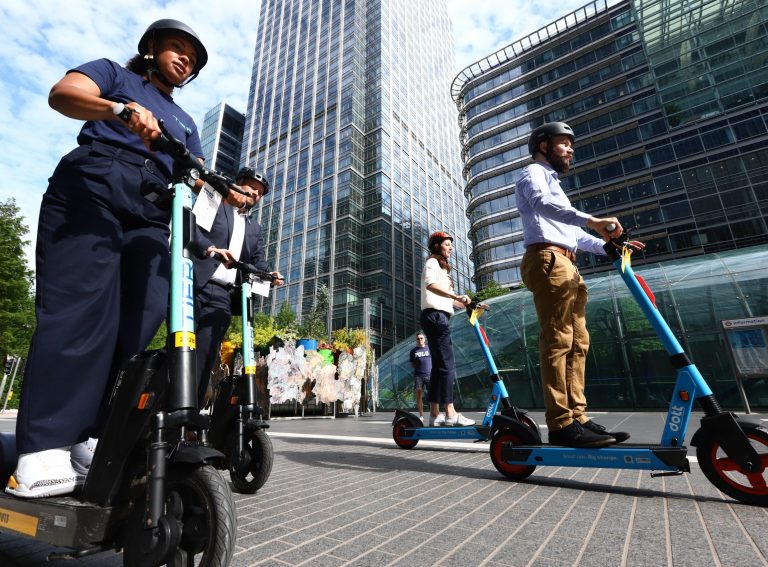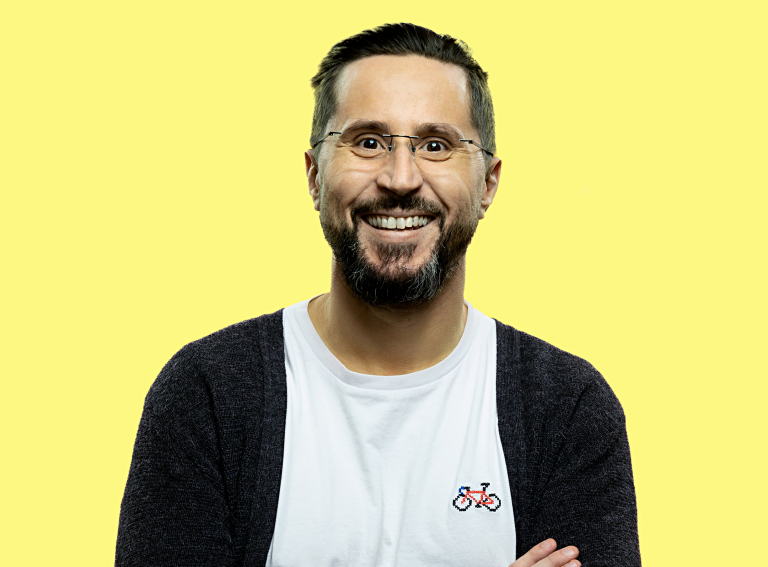Diversity and representation are two areas that need significant improvement in the cycling industry, according to the Bicycle Association’s (BA) recent Diversity in the Cycling Industry Perception Survey Report.
The survey collates and analyses data from 1,123 respondents working in the cycling industry, and presents a comprehensive picture of the challenges that need to be overcome relating to diversity, equity and inclusion.
In conversation with Zag Daily, Georgia Yexley, a Diversity Advisory Board member of the Bicycle Association, speaks of the telling figures revealed by the report.
“The Bicycle Association of Great Britain’s report has revealed a culture of discrimination and exclusion that cannot be ignored,” she tells Zag Daily.
“The association has such a broad reach in the industry. Our cycling industry must now respond, or fail to realise its potential to deliver social, environmental and commercial results.”
Harassment in the workplace
Perhaps one of the most alarming revelations of the report is how levels of harassment correlate with different demographic groups.
This was brought to the fore with the question: “During your time working in the cycling industry, have you ever felt uncomfortable due to other’s behaviour that was directly related to your gender, race, age, marital status, disability, pregnancy/maternity, religion or sexual orientation?”
The results show that 54% of women said yes compared with 30% of men; 57% of non-white respondents said yes compared with 42% of white respondents; and 67% of non-heterosexual respondents said yes compared with 40% of heterosexual respondents.
When respondents were asked if they felt they had been treated unfairly, the answer was a yes from 49% of women, 50% of non-white respondents and 56% of non-heterosexual respondents. This compares with 22% of men, 37% of white respondents and 35% of heterosexual respondents.
“This is a major, major proportion of people working in the industry,” says Yexley, Founder of her own sustainable consultancy service Loud Mobility.
Trickle-down effect
The figures don’t stop there. Georgia draws attention to the knock-on effect that harassment in the workplace has on the composition of the industry as a whole.
“We see within the data the trickle-down effect on the number of people in the same categories who were thinking of leaving the industry,” she says.
Indeed, 36% of women admitted that they are likely to leave the industry within the next five years, compared with 25% of men. For non-white respondents, it was 43% compared with 30% of white respondents and for those who are non-heterosexual, it was 52% compared with 28% of heterosexual respondents.
“There are a multitude of reasons why industries struggle,” says Yexley. “This report is about starting to understand that from the perspectives of people that are here already, understanding why it’s difficult depending on your identity to stay here, and then starting to resolve some of those issues.”
The issue at large
While this cycling industry culture is not attributed to one fault in isolation, Georgia turns her attention to the wider macro issues at play.
“It’s difficult for cycling companies at the moment,” says Yexley. “There’s no regulatory or national environment that is really encouraging growth in sustainable transport. When companies are struggling, they drop their attention from hiring and representing communities.”
As well as this, Yexley highlights the polarisation that exists between ‘cyclists’ and ‘non-cyclists’ and the implications.
“It’s damaging to the industry because then there’s a kind of identity of taking on that persona of ‘we are the cyclists; we’ll represent the cyclists’ and then that’s enhanced by media presentations. When we see the archetype of what a cyclist is, it’s a very narrow view.
“A cyclist is just a person on a bike. Every single person that is able, willing, and interested to cycle is a cyclist. The issue that we have on both sides is that there are requirements that you have to meet to be considered part of the space.”
This narrative also seeps into the retail side, with consumers expecting better from their retailers and local bike shops. Georgia, with six years of experience in the cycling industry, recalls her own reservations about visiting a bike shop.
“I have it all the time where I get a puncture or something goes wrong with my bike, and I just can’t be bothered to take it to the bike shop. I don’t want to have a conversation with someone who thinks that I have no idea what is going on and can’t be bothered to waste their time with me. That is a stereotype in my mind of what a bicycle shop experience is like, and so we need to see a proactive change from the retail side too.”
Where from here?
The report from the Bicycle Association is a wake-up call for all stakeholders in the cycling industry. Even more powerful these insights would be if viewed in parallel to similar insights into other industries.
“If we were able to see the statistics of what the numbers are in other industries, we would get a little bit of recognition that it’s not just a terrible thing that happens everywhere. It really seriously needs to be addressed in the cycling industry,” says Yexley.
“Ultimately we don’t reach the value or the benefits that cycling has to offer without opening up the doors to a much wider participation.”





